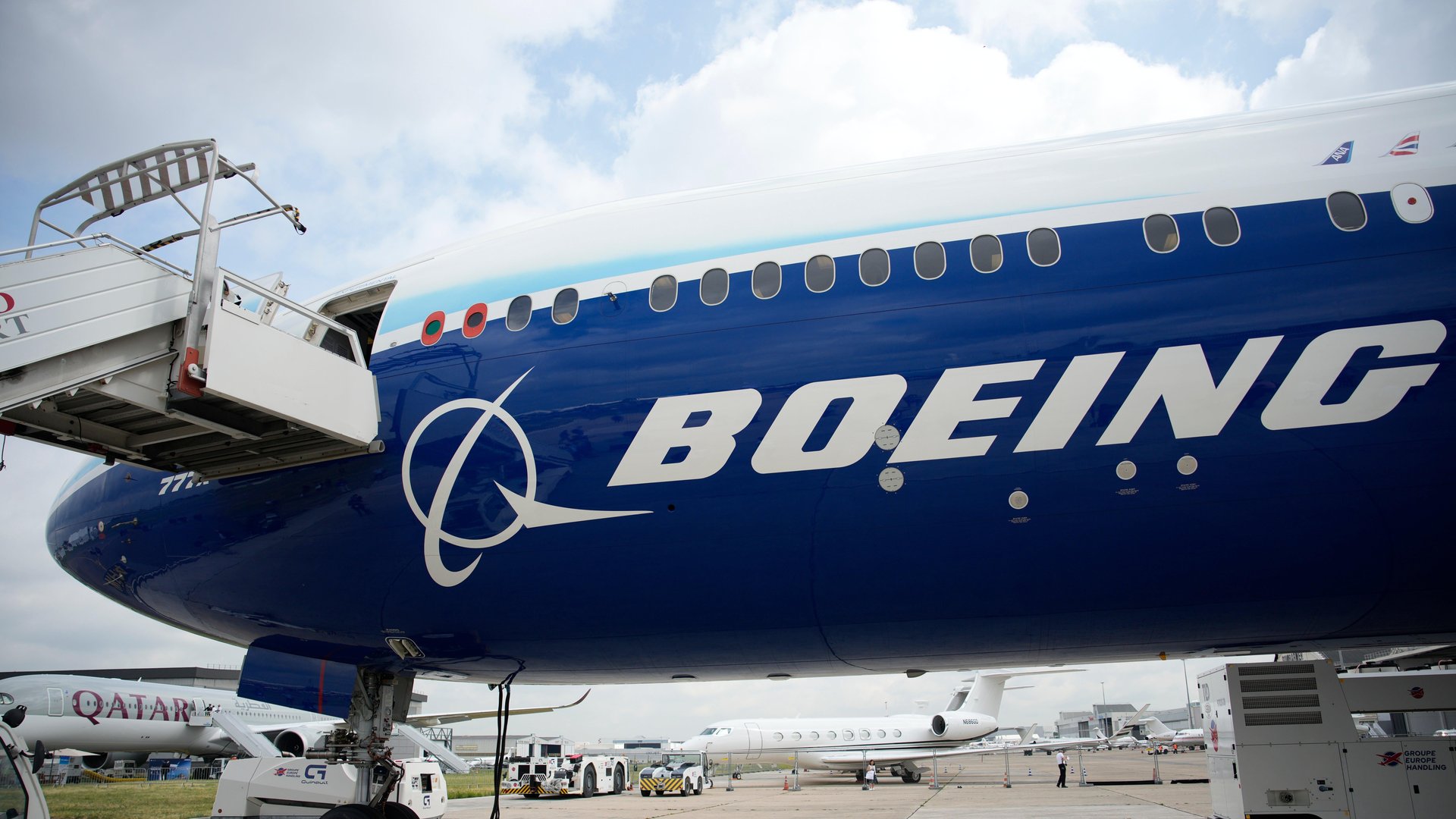Boeing's only profitable business right now is fixing Boeing planes
The company's services division is the only one that a reported a profit this quarter

Boeing presented earnings Wednesday, and there weren’t any surprises. The company is still digging itself out of the hole left by its 737 Max 9 door plug blowout in January. For the quarter, it reported a $1.4 billion loss on $16.9 billion in revenue. Both parts of the company that make aircraft — the commercial plane division and the space-and-defense divisions — lost money, but the services divisions that does repairs and supplies spare parts was profitable.
Suggested Reading
“Despite a challenging quarter, we are making substantial progress strengthening our quality management system and positioning our company for the future,” said outgoing CEO Dave Calhoun in a statement accompanying the numbers. (The company also just named his replacement, aerospace executive Kelly Ortberg.)
Related Content
Though the company is slowly increasing the delivery rate for its key 737 Max moneymaker, a Federal Aviation Administration monitoring program is throttling a full return to pre-blowout construction speeds. Second-quarter deliveries were down more than 30% from the same time last year, and the commercial division lost $715 million.
The space-and-defense segment is also struggling, having lost an even greater $913 million. Boeing blamed the shortfall on higher-than-expected development costs for an Air Force training jet, a new version of Air Force One, and its beleaguered Starliner spacecraft program.
Global Services, on the other hand, was a bright spot, earning the company $870 million. Last year, when Boeing was still mounting a more aggressive comeback from its last 737 Max mess, services was also the only part of the company to turn a profit, according to its most recent annual report.
In the background of its production woes is a major cash burn problem. The company has already had a negative cash flow of $7.5 billion this year, offsetting much of the $10 billion it raised from credit markets in the spring. Despite a total order backlog of $516 billion, it only has $12.6 billion of cash on hand, a larger debt pile, and an investment-grade credit rating hanging on by a thread.
“While we have more work ahead, the steps we’re taking will help stabilize our operations and ensure Boeing is the company the world needs it to be,” Calhoun said in his statement. The company’s shares were up about 2% in Wednesday trading.
